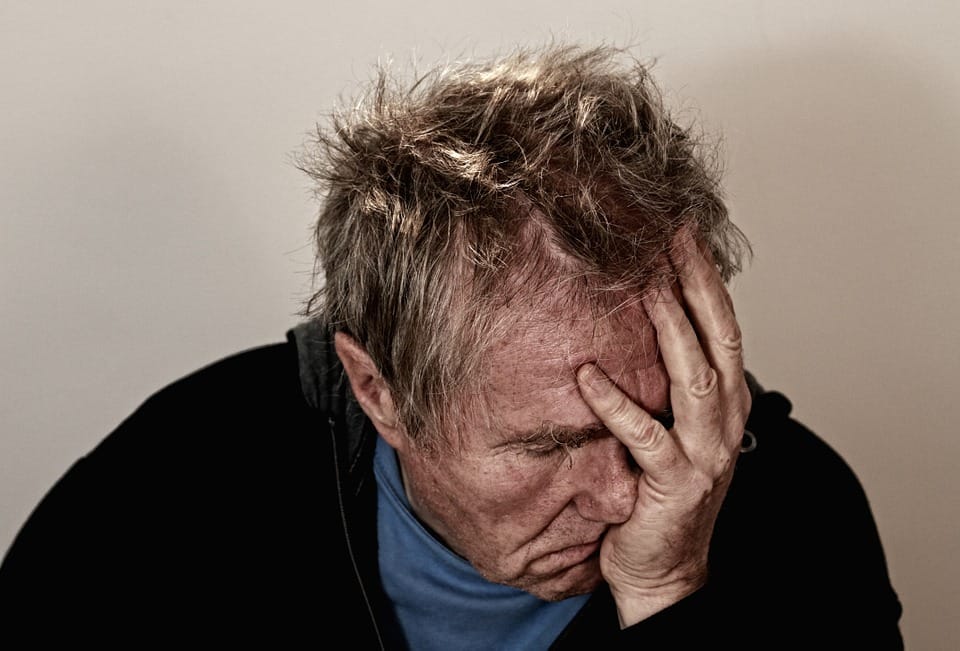“I relapsed.” If you find yourself saying these words despite spending time, money and effort on your addiction recovery, you are likely feeling demoralized and distressed. How could you have jeopardized all that you worked for? How could you have let down not only yourself, but your family and friends? The tough truth about drug and alcohol addiction is this: Behind virtually every successful recovery story is a relapse — often more than one. And relapsing has little to do with willpower or resolve. What it does have to do with is the nature of addiction itself, which changes the brain and the body in ways that can’t simply be wished away. If you are attempting to pick up the pieces after alcohol or drug relapse and wondering where you go from here, understanding these key things can help you minimize the likelihood you’ll find yourself in this position again.
Addiction recovery requires ongoing attention.
Research now points to addiction as an acquired brain disease, one that is chronic in much the same way as hypertension or diabetes, which also have behavioral and physiological components. That means dealing with addiction isn’t a quick fix. It requires long-term management. The National Institute on Drug Abuse explains it this way: “For the addicted individual, lapses to drug abuse do not indicate failure — rather, they signify that treatment needs to be reinstated or adjusted, or that alternate treatment is needed.” In short, what you should be asking yourself if you experience addiction relapse is not “Why am I such a failure?” but “What isn’t working in the way I’m dealing with my addiction, and how can I address it?”
Shame is your enemy.
After relapsing, the shame that inevitably comes — and that others may be heaping on you — can feel as though it’s what you deserve. It’s not. Addiction is an illness that scrambles circuitry in the parts of the brain involved in executive functions, meaning your ability to self-regulate, make decisions, monitor error and make good choices is compromised. Getting back to a healthy mental state takes time, and rarely does healing happen in a straight line. If you buy into a sense of shame, all it ends up doing is making sustained addiction recovery even more elusive. That’s because shame tells us we are unworthy, which keeps us from believing we can change, from showing ourselves compassion, from coming to terms with our missteps and from reaching out for the empathy we need to heal. Instead, “the pain of shame is enough to trigger that survival part of our brain that runs, hides or comes out swinging,” explains Dr. Brené Brown, the renowned researcher and author, in her book Daring Greatly. Dr. Brown stresses the importance of developing shame resilience — that ability to recognize shame and deal with it, no matter how distressing. “If you own the story,” she explains, “you get to write the ending.”
Avoiding addiction relapse means dealing with cues.
When drugs and alcohol are used, the brain is rewarded with a surge of pleasure chemicals. With continued use, the brain starts to anticipate that reward and respond with intense cravings. That means all the things you associate with your drug or alcohol use — your favorite bar, the click of a lighter, certain smells and sights — become triggers to use. If you haven’t worked on recognizing and dealing with cues as part of your addiction recovery, it’s imperative to do so. Until these are addressed, life remains an obstacle course, with temptation waiting in ambush around each corner.
You need a safety net.
If you are lucky enough to have friends, family, coworkers and others in your corner, let them know that even though you’ve gone off track with your addiction relapse, their support is wanted and needed more than ever as you point yourself back in the right direction. It’s impossible to overstate the power of knowing others aren’t giving up on you and are rooting for your success. If you don’t have the support you need, go in search of it. Many people are on the same journey as you, and most are eager to give back a little of what they’ve received from others along the way. There are many mutual support groups (both 12-step and non 12-step varieties), advocacy organizations, sober activity societies, sober coaches and more. Not only can such connections help motivate you to keep trying, they stand as reminders that recovery is possible.

